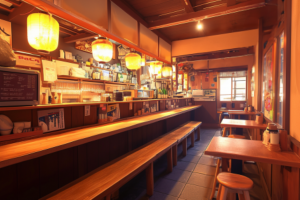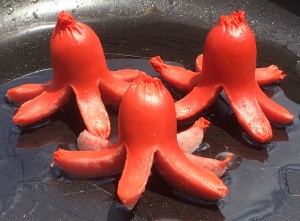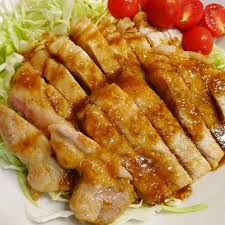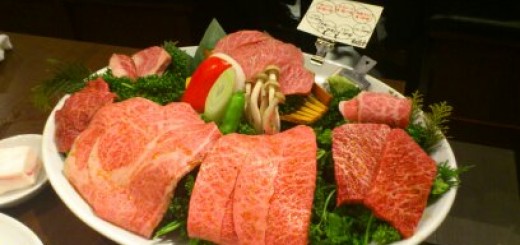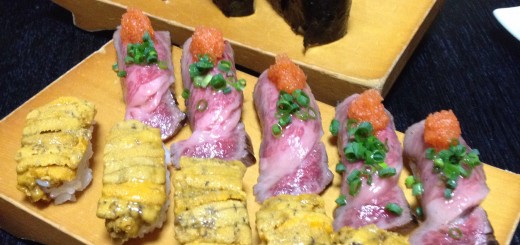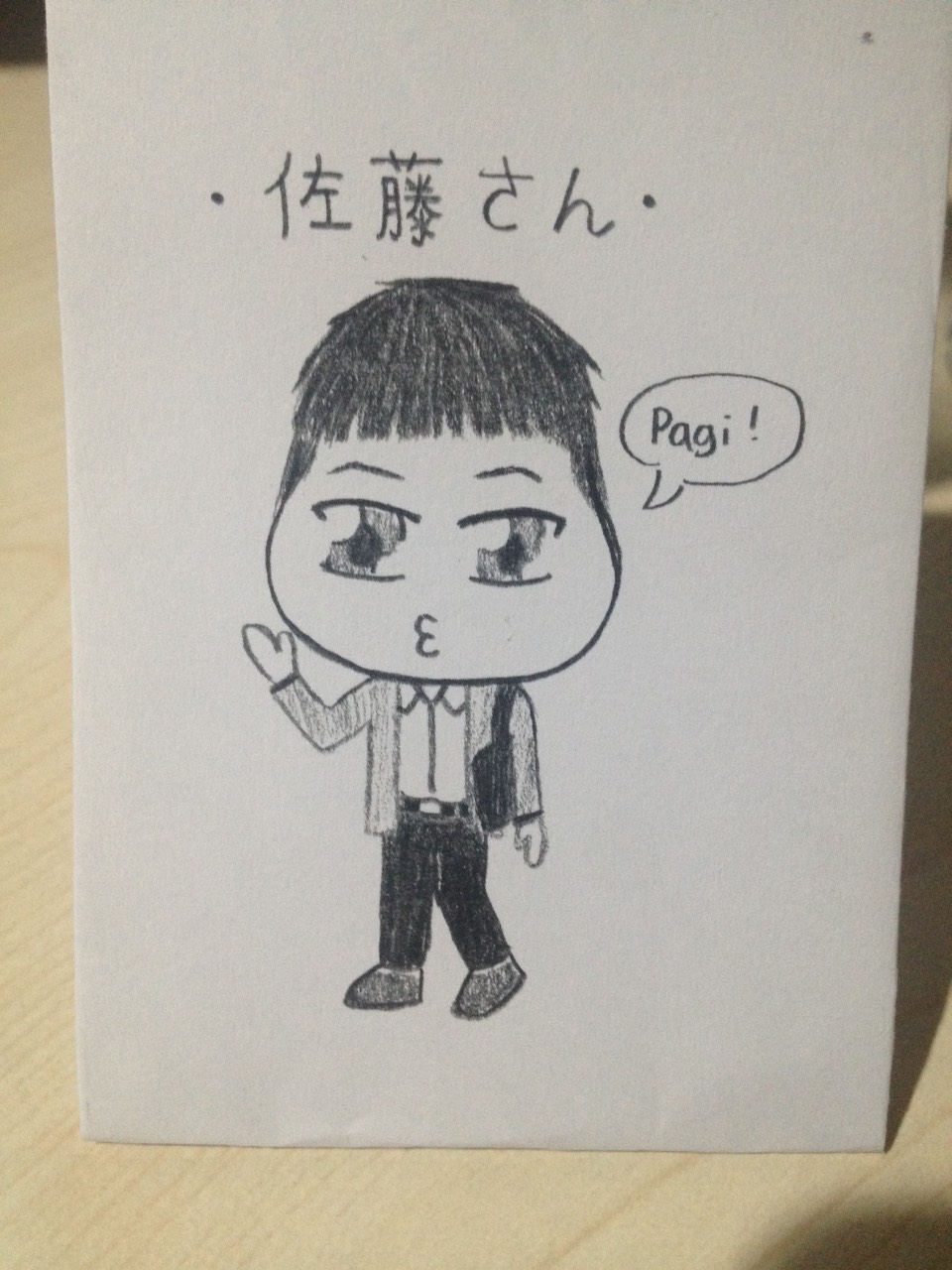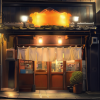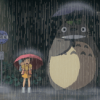My review on “Midnight Diner”
Do you know the TV drama “Midnight Diner”?
Have you ever seen “Midnight Diner”?
I recently watched all the episodes, and I think it’s a good way to learn about Japanese culture, so I’ll write about my impressions from “Midnight Diner”.
Midnight Diner is a manga written and illustrated by Abe Yaro that was published in Japan in 2006. It has been adapted into a TV drama, musical, play, recitation and film.
The 30-minute drama version is generally viewed and is also distributed on Netflix, making it popular all over the world.
The small “meshiya” (restaurant) that appears in the drama is set in Shinjuku Golden Gai in Tokyo, and people call it “Midnight Diner”. The restaurant is open from midnight to around 7am, and the menu consists of pork soup set meals, beer, shochu, and sake, and anything else they can make if ordered. The story is about people who live in the town, people who visit, and all kinds of people who gather at this restaurant and find their hearts filled.
The catchphrase for the drama is “We’ll satisfy both your hunger and your heart,” which is a very memorable phrase.
Below are what I think are the best and most attractive aspects of this drama.
・The food
The food that appears in the drama is not a delicacy like sushi or tempura, but home-cooked meals that you would normally eat at home. The food is also connected to the characters’ past memories, and is an important point in the development of the story. Each dish is carefully prepared by the master, the process is incredibly beautiful, and the finished dish looks delicious.
・Depiction of the inner thoughts of the master and other characters
The taciturn master’s facial expressions, behavior, and the words he speaks to his customers give off a warm, caring attitude. His past is not mentioned in depth, which makes viewers curious about his words and every move he makes.
・Get a glimpse into various aspects of Japanese culture.
① Eating alone
Eating alone is common in Japan compared to other countries. Eating alone means eating alone at a restaurant or izakaya. In Japan, seats are arranged so that people can eat alone easily, and menus are designed so that you can order small dishes at a time.
Even if you come to eat alone, there are many other solo diners, so you can relax and enjoy your meal and drinks without feeling awkward. Also, like Meshiya, if you sit at the counter seat for one person at a bar or izakaya, there are many places where the owner or chef will give you advice and listen to what you have to say, making it a very homey place.
② Seasonal events
The stories often feature seasonal events such as New Year’s and Obon, and the foods associated with them. I think you can see the unique culture of Japan.
③ You can get a glimpse of the underground side of Japan.
The underground side of Japan, such as strippers, gangsters, and hostesses, is depicted, allowing you to see a side that you normally don’t see. In reality, there are many such people in large cities such as Tokyo, where many people gather. Shinjuku, Tokyo, where the setting of this drama is set, can be said to be one of the meccas of underground culture.
④ Tipping culture
The distance between the master and the customer in this drama is subtle and not too close, which gives a sense of security. Generally, in Japanese restaurants, the “customer is God” is the rule, and the customer is put first. The restaurant serves food to the customer and offers various hospitality services to make it easier for them to eat. Moreover, unlike in the West, there are no additional fees such as service fees or tips for this table service.
⇒ Overall, the food and human relationships seen in this drama have a nostalgic atmosphere for Japanese people, and while non-Japanese people may be able to relate to some parts, I think most will find it fresh and unlike anything they have experienced before.
・Amazing music
The nostalgic theme song and insert songs match the story perfectly.
The theme song “Omoide” in particular is based on the traditional Irish ballad “Cailin Deas Crúite na mBó” from the 18th century, with lyrics written and sung by Tsunekichi Yoshida.
How was this post?
If you like this or feel this is useful, please share on Facebook.
Please leave comment your thoughts on “Midnight Diner”.
If you wanna join Leo Sensei’s group on Facebook, click Facebook mark on top or bottom and send friend request to me. You can get updated information and ask me freely about Japanese language and culture and so on.
